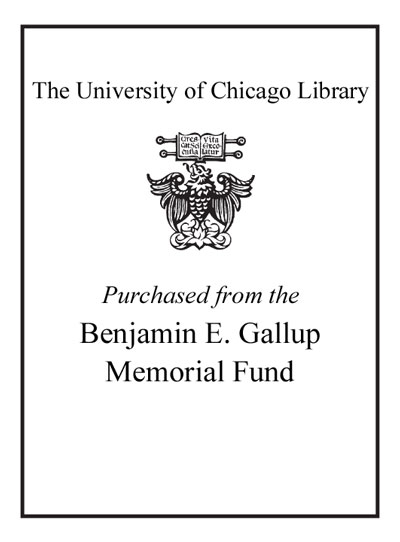Review by Choice Review
On July 30, 1866, New Orleans experienced one of the worst riots in the urban history of the nation. Its causes centered on local animosities related to presidential reconstruction, namely the complex hatreds manifested between pro-Union sympathizers who favored enfranchising former slaves and ex-Confederates who supported white supremacy. A group of Unionists reconvened the state's constitutional convention in order to extend the franchise. When this happened, a group of blacks marched peacefully through the streets of New Orleans to the state capitol building, then located in that city, to show their support. Angry southern whites, aided by sympathetic members of the police force, attacked the marchers, sparking a citywide riot during which over 40 persons lost their lives, including members of the convention who died when the mob attacked the capitol building. Based on a considerable amount of eyewitness testimony, this book cogently and concisely examines the causes of the riot and provides a compelling step-by-step narrative of the carnage that occurred during its course. Hollandsworth sets the riot fully in its context and provides a valuable assessment of its role in motivating congressional reconstruction throughout the entire ex-Confederacy. All collections. L. T. Cummins Austin College
Copyright American Library Association, used with permission.
Review by Booklist Review
One of several atrocious riots perpetrated in the South in 1866, the bloody tumult in New Orleans had both immediate and antecedent causes. Hollandsworth weaves both into a narrative of events shocking in themselves and made more so by the author's objective, detached manner. The underlying factor in the riot, as in all similar incidents in the aftermath of the Civil War, was the extent of equality to be accorded freedmen. Under Lincoln's Reconstruction plan, a Louisiana convention agreed to abolish slavery but deferred the decision on suffrage to the state legislature. Under the even more lenient Johnson, ex-Confederates returning from the war gained control of the state and city governments by early 1866, so the prosuffrage conventioneers seized on a legal technicality to reconvene and give black men the vote. The ensuing explosion was almost wholly a police-perpetrated murder of dozens of blacks and pro-Union whites, recounted in Hollandsworth's ghastly blow-by-blow detail. Remarkably, to this day denizens of New Orleans pass by the riot's location without any memorial to detain them. Gilbert Taylor
From Booklist, Copyright (c) American Library Association. Used with permission.
Review by Choice Review
Review by Booklist Review

